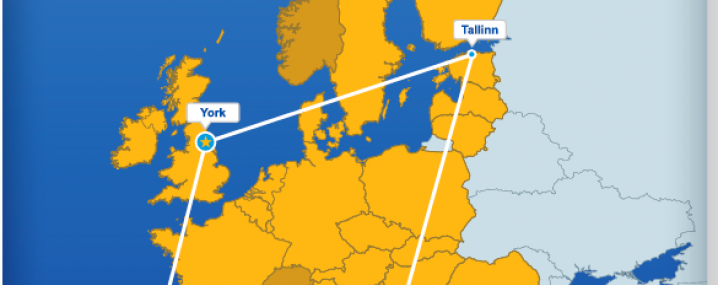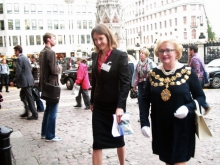Syracuse
Syracuse is a medium-sized Italian city with around 125,000 inhabitants in Sicily. Founded by the Ancient Greeks, who were attracted by its deep, natural harbour and its island promontory of Ortygia, Syracuse is mentioned in the Bible. By virtue of its position in the Mediterranean, it became a crossroads for mariners, merchants, artisans, farmers and the Church. From the Greek to the Roman, and on to the Byzantine empires, Syracuse continued to exert a major influence—before being superseded by Palermo in the medieval period. Syracuse later grew into a city that valued its heritage, while attracting an increasing industrial presence—notably with the arrival of the petro-chemical plant in the 1900s.
Today, while Syracuse retains its charms, natural resources, it also faces a range of economic and social issues. The overall unemployment rate stands at 23% and the rate for youths aged 15-24 is 54%. The lack of jobs reflects industrial decline, the relatively slow growth of tourism and a lack of progress in mobility around the city. In 2013, Syracuse was chosen to host an IBM Smarter Cities Challenge. This provided the impetus for a strategic review of the city’s strengths and challenges for the medium term. The review concluded that there were a number of important areas for the city to address: coordination, the transport infrastructure and civic collaboration and lack of tourism infrastructure. The entire city centre is classified as UNESCO World Heritage Site.
SOME RELATED NETWORKS
Genius: Open
RegGov
Article
View from the Top: When Women Run Cities...
Article



